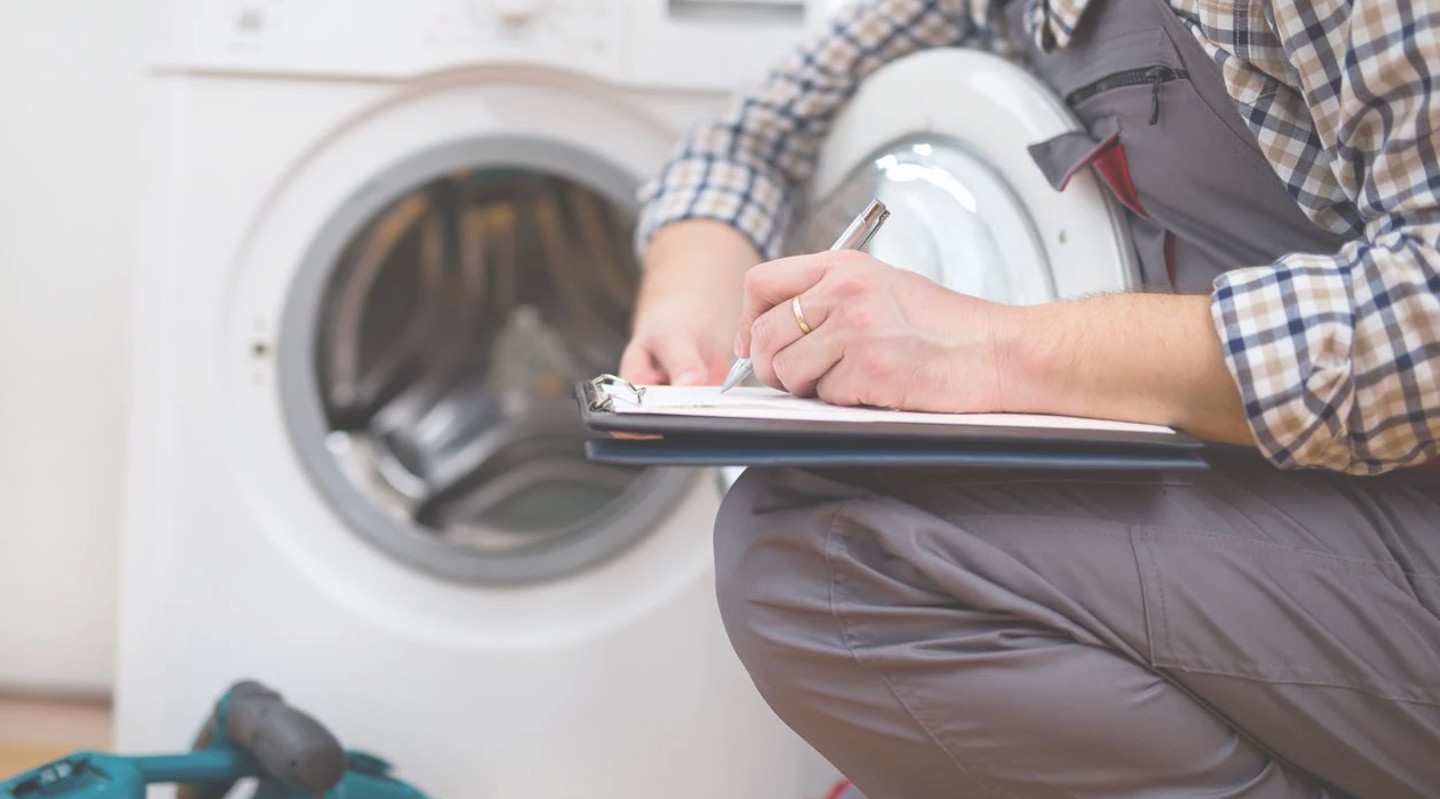
Mon - Sun 7:00 am - 9:00 pm
Unlocking the Mysteries of Appliance Repair Costs
The occasional hiccup is inevitable in a world where household appliances are the unsung heroes of our daily lives. But when your trusty fridge starts acting up, or your washing machine throws a tantrum, understanding the ins and outs of appliance repair costs can be your secret weapon. This guide isn’t just about numbers—it’s about empowering you to make savvy decisions, save money, and keep your home running smoothly. Let’s dive into the fascinating appliance repair world and uncover what drives the cost of bringing your beloved gadgets back to life.
The Appliance Itself
The first significant factor is the type of appliance you’re dealing with. Is it a refrigerator keeping your groceries fresh, a washing machine tackling your mountain of laundry, or a sleek oven baking your favorite treats? Each appliance comes with its own set of quirks and complexities. Understanding these complexities is key to feeling empowered and knowledgeable about your household. Generally, the more advanced the machine, the higher the repair bill. Think about it: a high-tech smart fridge with Wi-Fi connectivity will be trickier (and pricier) to fix than a basic microwave.
The Problem’s Severity
Not all repairs are created equal. A minor issue, like a loose wire or a clogged filter, might only set you back a tiny amount. However, the repair bill could be significantly higher if your appliance is on the brink of a meltdown - a compressor failure in your fridge or a motor burnout in your dryer.
Labor Costs
Let’s face it: skilled labor isn’t cheap. The technician’s expertise, experience, and the time they spend diagnosing and fixing your appliance all factor into the cost. A seasoned pro might charge more, but their extensive experience means they’re more likely to get the job done right the first time. And when it comes to complex repairs, that’s worth its weight in gold.
Replacement Parts
Sometimes, a repair isn't just about tweaking a few settings - it's about replacing parts. It's crucial to understand the factors contributing to these parts' cost, such as the brand, model, and availability. If your appliance is a high-end model or uses proprietary components, you might be looking at a steeper price tag. And let's not forget: some parts are just plain expensive, no matter what.
Brand and Model
Speaking of brands, the name of your appliance can make a big difference. Luxury brands or models with cutting-edge features often come with higher repair costs. Why? Because their parts are pricier, and their technology is more complex. You pay the price for that sleek, high-performance machine sitting in your kitchen.
Hidden Fees
Watch out for those sneaky additional fees. Some repair services charge extra for emergency calls, diagnostics, or after-hours service. It’s always a good idea to ask about these upfront so you’re not hit with an unexpected bill.
DIY vs. Professional Repair
Sure, DIY repairs can save you a few bucks but come with risks. One wrong move, and you could turn a simple fix into a costly disaster. Professional appliance technicians bring expertise and precision, ensuring your appliance gets the necessary care. It might cost more upfront but could save you money (and headaches) in the long run.
Location, Location, Location
Where you live can also impact repair costs. Labor rates, part availability, and even local market dynamics can vary from place to place. If you’re in a big city, you might pay more than someone in a smaller town. It’s all about the local economy.
A Quick Snapshot
Here’s a ballpark of what you might expect to pay for common repairs:
- Refrigerator: $100-750
- Washing Machine: $80-590
- Dryer: $80-450
- Dishwasher: $90-390
- Stove: $80-350
- Oven: $80-490
- Microwave: $80-320
- Wine Cooler: $150-1500
- Freezer: $100-580
- Ice Machine: $250-800
- Range: $100-670
- Restaurant Hood: $150-900
Knowledge is Power
Navigating the world of appliance repair costs doesn't have to be daunting. By understanding the factors at play - from the type of appliance to the severity of the issue, labor costs, and replacement parts - you can make informed decisions that keep your budget intact. This knowledge brings a sense of relief, knowing that you're making the best choices for your appliances. And remember, a well-maintained appliance isn't just a money-saver; it's a lifesaver for your daily routine. So, the next time your dishwasher starts acting up, you'll know what to expect - and how to tackle it like a pro.

